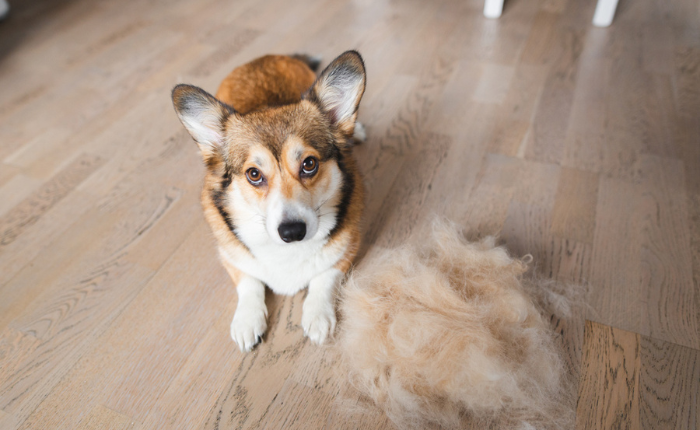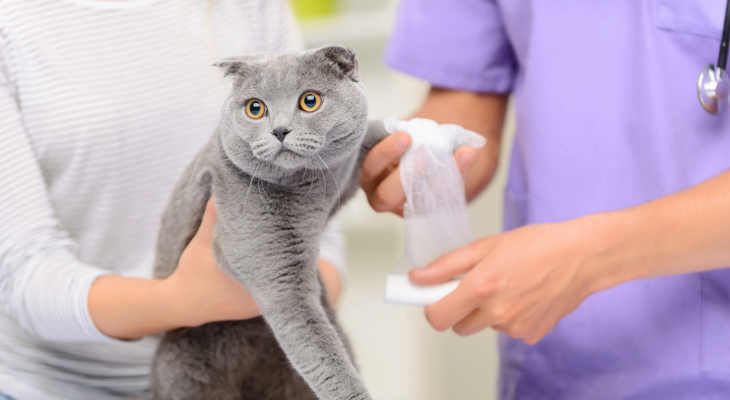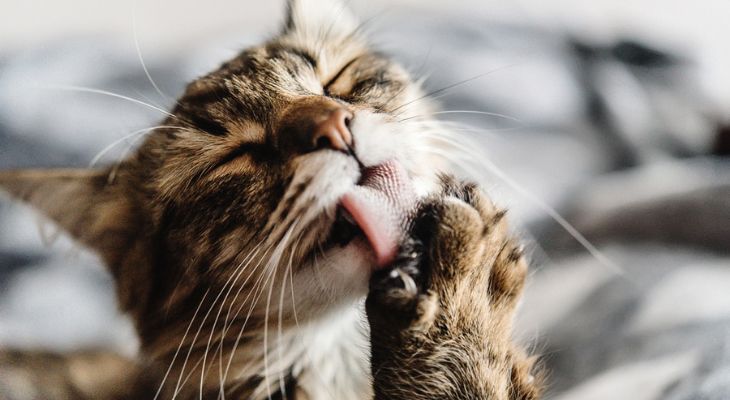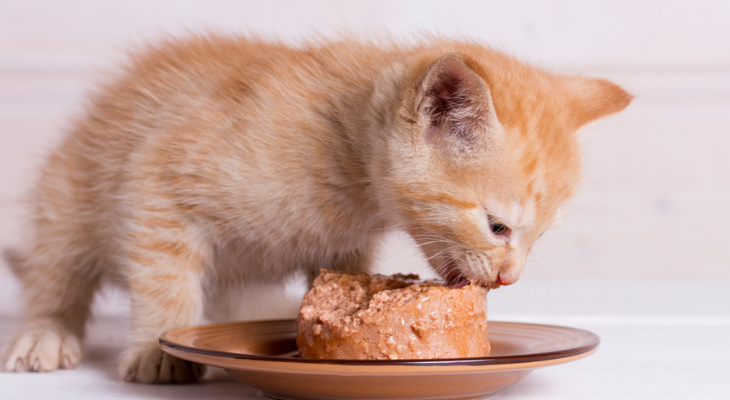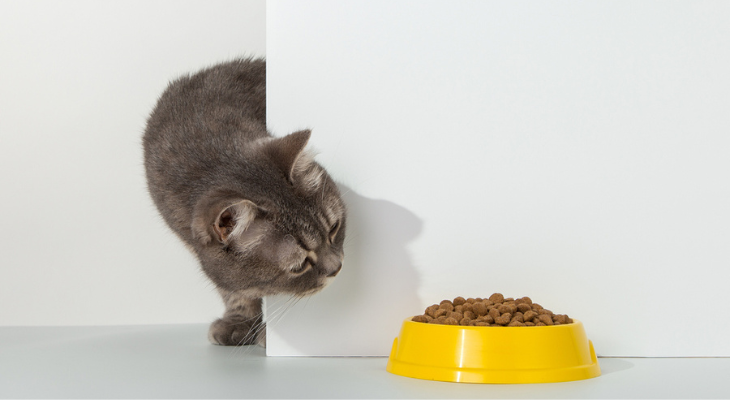The Benefits of Dental Chews for Dogs
Are your dog's teeth clean enough? Plaque and tartar buildup on your furry friend's teeth can lead to painful dental disease. Offering your pet dental chews is a simple way to reduce the risk of tooth loss and pain.
What Are Dental Chews?
Dental chews are dog treats that help remove plaque from your dog's teeth. As your dog chews the treats, the crunchy morsels brush against the teeth, reducing plaque buildup. Although dental chews aren't a substitute for teeth brushing and professional teeth cleaning, they may help your dog avoid gum disease and tooth loss.
Why Is It Important to Remove Plaque?
Plaque is a clear bacterial film that coats teeth and gums every day. If you don't remove plaque, it turns into a hard substance called tartar in just a few days. Unlike plaque, tartar is visible. Yellowish-brown tartar deposits first appear on the base of your dog's teeth but may eventually cover the entire surface of teeth. The rough surface of tartar offers the perfect breeding ground for bacteria above and below the gums.
Tartar and plaque buildup can cause gingivitis, the earliest form of gum disease. If your dog has gingivitis, its gums may look red and swollen. You may also notice that your pet's breath smells terrible. If plaque and tartar aren't removed through dental cleaning, your dog may develop periodontal disease, the most severe form of dental disease. Periodontal disease causes infections that can damage bone and gum tissue, causing teeth to loosen.
Periodontal disease signs include bleeding gums, worsening pain, bloody saliva, drooling, difficulty eating, bad breath, and weight loss. In some cases, bacteria on your dog's teeth may enter its bloodstream and travel to the heart and other organs.
4 Ways Chews Improve Dental Health
Periodontal disease is a common problem in dogs, affecting 80 to 90% of dogs over age 3, according to the Cornell Richard P. Riney Canine Health Center. Luckily, reducing your pet's risk for periodontal disease can be as simple as giving your dog a dental chew every day. Dental chews offer several benefits, including:
- Less Plaque. Dental chews offer an effective way to reduce plaque on teeth. Removing plaque stops tartar from forming. According to a research study published in the Journal of Veterinary Dentistry, dental chews significantly reduced plaque and tartar buildup in dogs that ate a dry food diet and received one dental chew daily. In another study published in the Journal of Animal Science, dogs that ate a dry diet and a daily dental chew had lower tartar scores and lower plaque coverage and thickness scores.
- No Pain. Living with gum disease is painful. As the disease progresses, eating becomes uncomfortable, which may prompt your dog to avoid food or become irritable. Dental chews help your pet avoid the pain of dental disease.
- Improved Breath. As much as you love your dog, you might not be so fond of its awful breath. The bacteria in plaque and tartar release smelly volatile sulfur compounds, causing that terrible smell when your dog opens its mouth. In both research studies, researchers noted that a daily chew improved breath odor.
- Better Health. Dental chews help your dog reduce its risk of heart disease or damage to organs caused by the bacteria in plaque and tartar.
Which Chews Are Best for My Dog?
Wondering which dental chew to offer your pet? The Veterinary Oral Heath Council offers a list of chews that meet its standards for effective plaque and tartar control. Among the products on the list are Canine Greenies, WHIMZEES Toothbrush Dental Dog Treats, Pedigree Dentalstix Advanced, Checkup Chews for Dogs, Tartan Shield Rawhide Chews and Improved Milk-Bone Brushing Chews for Dogs.
WebMD advises against using bones, pigs' ears, and rawhide bones as dental treats. Some products may be too hard on teeth, while others can cause gastrointestinal obstructions or may contain too much fat.
Dental chews, regular teeth brushing, and professional dental cleanings will help you protect your dog's teeth. Is it time to schedule your furry friend's next cleaning? Contact our office to make an appointment.
Sources:
Cornell Richard P. Riney Canine Health Center: Periodontal Disease
PubMed: Journal of Veterinary Dentistry: Oral Health Benefits of a Daily Dental Chew in Dogs, Summer 2013
https://pubmed.ncbi.nlm.nih.gov/24006717/
Journal of Animal Science: Effects of Novel Dental Chews on Oral Health Outcomes and Halitosis in Adult Dogs, 9/2020
https://www.ncbi.nlm.nih.gov/pmc/articles/PMC7511057/
Veterinary Oral Health Council: VOHC Accepted Products
https://vohc.org/accepted-products/
WebMD: Dog Dental Treats, 11/9/2022
https://www.webmd.com/pets/dogs/dog-dental-treats
NBC News: 7 Best Dog Dental Chews and Treats, According to Veterinarians, 10/18/2022
https://www.nbcnews.com/select/shopping/best-dog-dental-chews-ncna1299919


